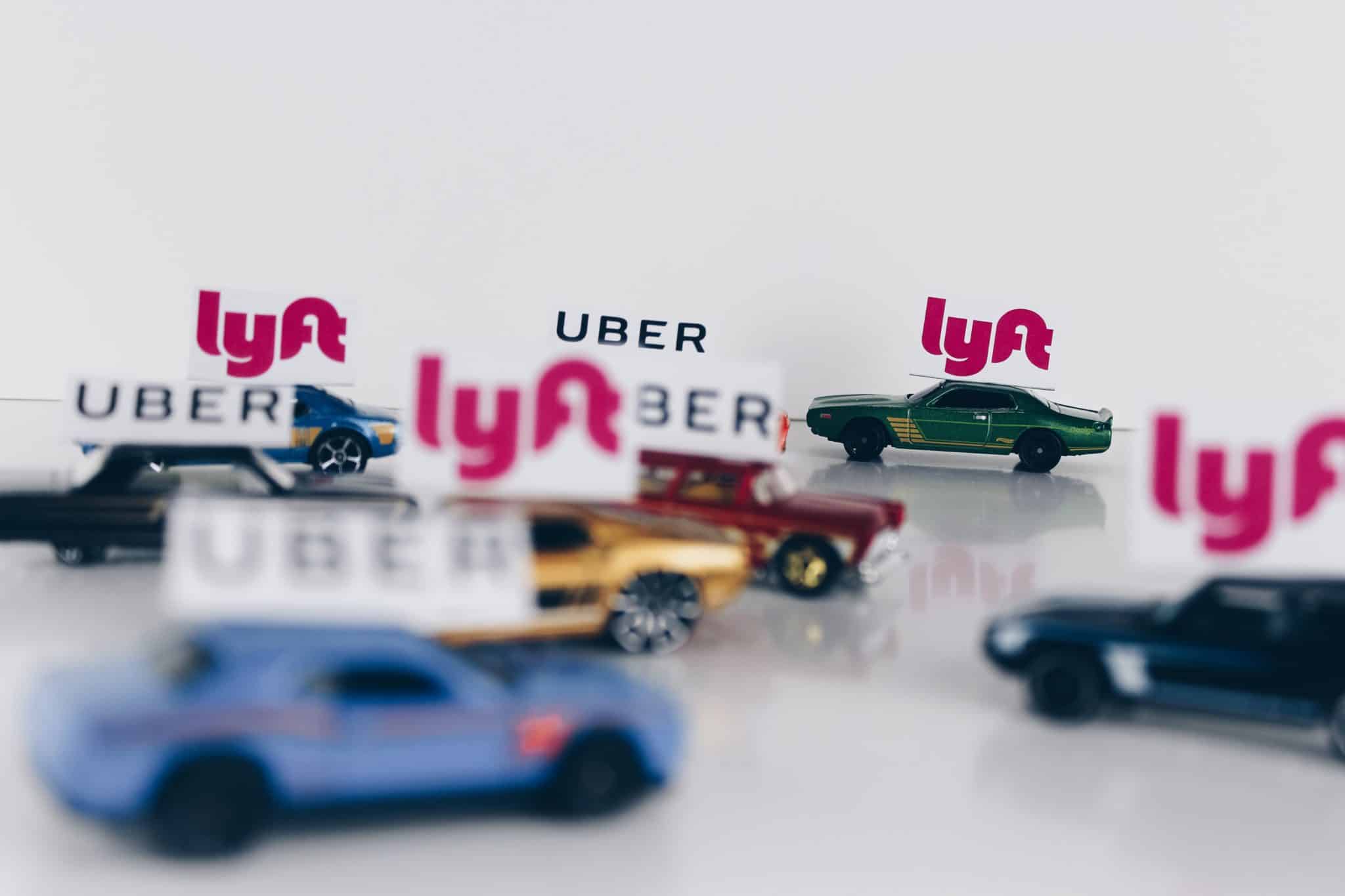
Benjamin Sachs is the Kestnbaum Professor of Labor and Industry at Harvard Law School and a leading expert in the field of labor law and labor relations. He is also faculty director of the Center for Labor and a Just Economy. Professor Sachs teaches courses in labor law, employment law, and law and social change, and his writing focuses on union organizing and unions in American politics. Prior to joining the Harvard faculty in 2008, Professor Sachs was the Joseph Goldstein Fellow at Yale Law School. From 2002-2006, he served as Assistant General Counsel of the Service Employees International Union (SEIU) in Washington, D.C. Professor Sachs graduated from Yale Law School in 1998, and served as a judicial law clerk to the Honorable Stephen Reinhardt of the United States Court of Appeals for the Ninth Circuit. His writing has appeared in the Harvard Law Review, the Yale Law Journal, the Columbia Law Review, the New York Times and elsewhere. Professor Sachs received the Yale Law School teaching award in 2007 and in 2013 received the Sacks-Freund Award for Teaching Excellence at Harvard Law School. He can be reached at [email protected].
David Streitfeld has a great story in the NYT this morning about life as an Uber driver and the vast distance between what drivers earn and what investors will reap from the firm’s public offering. Drivers: $40,000 in a good year of full time work. Investors: numbers that end in “million” and “billion.”
Travis Kalanick himself made $1.4 billion when he sold about 1/3 of his Uber shares to private investors two years ago. The Wall Street Journal estimates that Kalanick’s remaining share will be worth $6 billion. Uber co-founder Garrett Camp is looking at $4.5 billion. Logan Green, the CEO of Lyft, has a $623 million stake in that company.
These numbers are so big that it’s actually quite difficult to understand them. Here’s one way to think about it: It would take a driver more than 15,000 years – driving full time – to earn what Green did. It would take 150,000 years to get to Kalanick’s take.
These numbers and the story Streitfeld shares tell us a lot about the injustice of the gig economy. They should also serve as a permanent backdrop to any discussion of whether Uber (and Lyft) can afford to treat drivers as employees. Can a firm, whose CEO takes away $623 million dollars, really not afford to provide unemployment insurance or workers compensation to its drivers? These arguments have always seemed implausible. Now they are downright absurd.









Daily News & Commentary
Start your day with our roundup of the latest labor developments. See all
June 30
Antidiscrimination scholars question McDonnell Douglas, George Washington University Hospital bargained in bad faith, and NY regulators defend LPA dispensary law.
June 29
In today’s news and commentary, Trump v. CASA restricts nationwide injunctions, a preliminary injunction continues to stop DOL from shutting down Job Corps, and the minimum wage is set to rise in multiple cities and states. On Friday, the Supreme Court held in Trump v. CASA that universal injunctions “likely exceed the equitable authority that […]
June 27
Labor's role in Zohran Mamdani's victory; DHS funding amendment aims to expand guest worker programs; COSELL submission deadline rapidly approaching
June 26
A district judge issues a preliminary injunction blocking agencies from implementing Trump’s executive order eliminating collective bargaining for federal workers; workers organize for the reinstatement of two doctors who were put on administrative leave after union activity; and Lamont vetoes unemployment benefits for striking workers.
June 25
Some circuits show less deference to NLRB; 3d Cir. affirms return to broader concerted activity definition; changes to federal workforce excluded from One Big Beautiful Bill.
June 24
In today’s news and commentary, the DOL proposes new wage and hour rules, Ford warns of EV battery manufacturing trouble, and California reaches an agreement to delay an in-person work mandate for state employees. The Trump Administration’s Department of Labor has advanced a series of proposals to update federal wage and hour rules. First, the […]